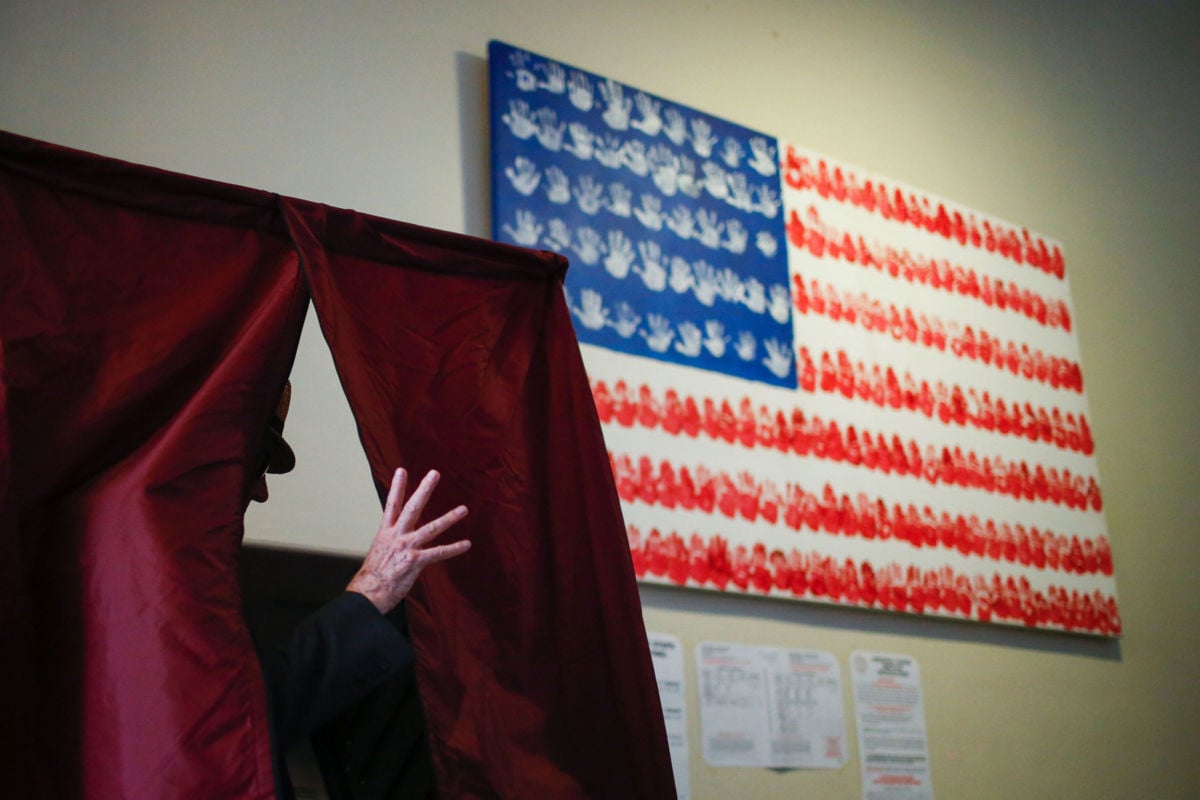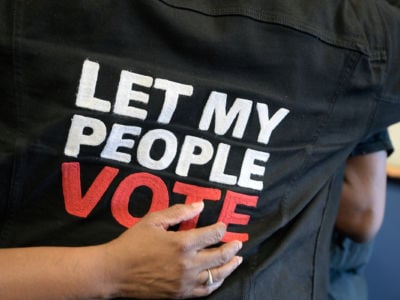
Momentum is growing among state legislatures to award electoral votes to the winner of the national popular vote.
By Candice Bernd , T ruthout Published July 15, 2019
Last week, presidential candidate Sen. Bernie Sanders touted his support for abolishing the Electoral College, telling a town hall hosted by the League of United Latin American Citizens that, “It is hard to defend a system in which we have a president who lost the popular vote by 3 million votes.” His call comes as recent polling data shows most Americans support replacing the Electoral College with a national popular vote system. According to a survey published last July by the Public Religion Research Institute, Americans would prefer that a national popular voted decided presidential elections over the Electoral College by “roughly a two-to-one margin.” Now, a growing movement is gaining momentum among state legislatures to make this a reality by adopting a measure that would award Electoral College votes to the winner of the national popular vote.
Oregon recently became the 15th state to join the National Popular Vote interstate compact, and the fourth state to join the compact this year after Democratic governors in Colorado, Delaware and New Mexico also signed versions of the model bill. The model legislation in each state only becomes effective once enacted by enough states to possess the 270 electoral votes necessary for a majority. Once enacted, at least 270 presidential electors will give their vote to the candidate who received the most popular votes in all 50 states and D.C. — making that candidate president. Currently, the compact’s 15 states and the District of Columbia account for 196 electoral votes.

Despite myths to the contrary, denying the vote to people behind bars has no benefit for public safety.
By Candice Bernd , T ruthout May 10, 2019
But even as the campaign moves closer to its goal, it still faces a long road ahead. Legislators in Maine killed a national popular vote measure in a 68-79 vote last month in the state House, with 20 Democrats joining Republicans in voting down the measure after it initially passed the upper chamber in May. Maine is the second state to reject a national popular vote measure in recent weeks, after Democratic Nevada Gov. Steve Sisolak vetoed a version of the bill that passed his Democratically controlled legislature earlier last month. This reticence from blue states doesn’t exactly bode well for the compact, since it will need states that voted for President Trump in 2016 to sign on in order to ultimately take effect. Still, as the 2020 presidential campaign season begins in earnest, Democratic candidates like Sanders are breathing new life into the fight for recognition of the popular vote.
Candice Bernd is senior editor/staff reporter at Truthout. Her work has also appeared in several other publications, including The Nation, In These Times, the Texas Observer, The Real News Network, Salon, Rewire News Group, Sludge, Scalawag, YES! Magazine and Earth Island Journal . Her work has received awards from the San Francisco Press Club, the Fort Worth chapter of Society of Professional Journalists, the Native American Journalists Association, and the Dallas Peace and Justice Center. Follow her on Twitter: @CandiceBernd .